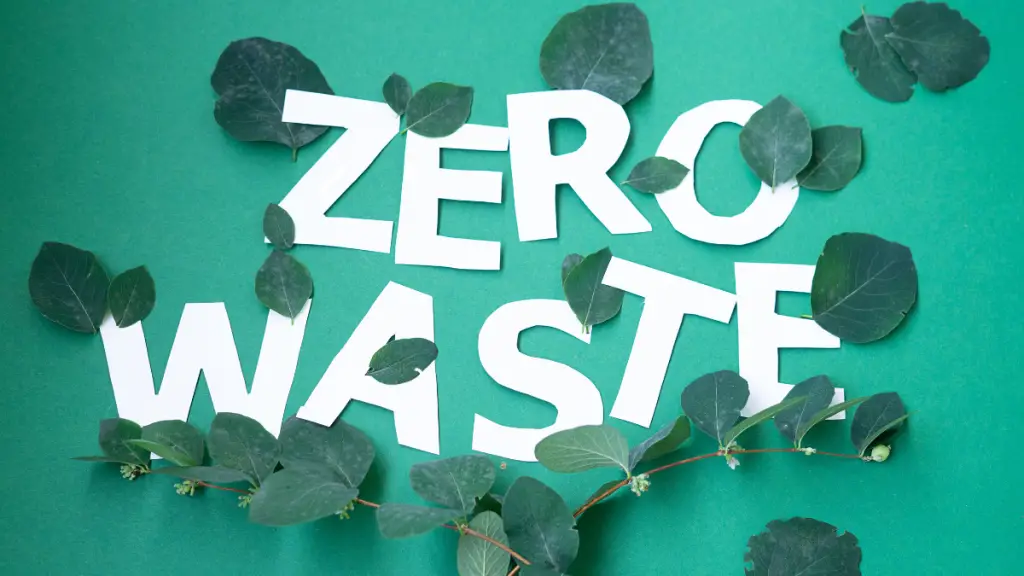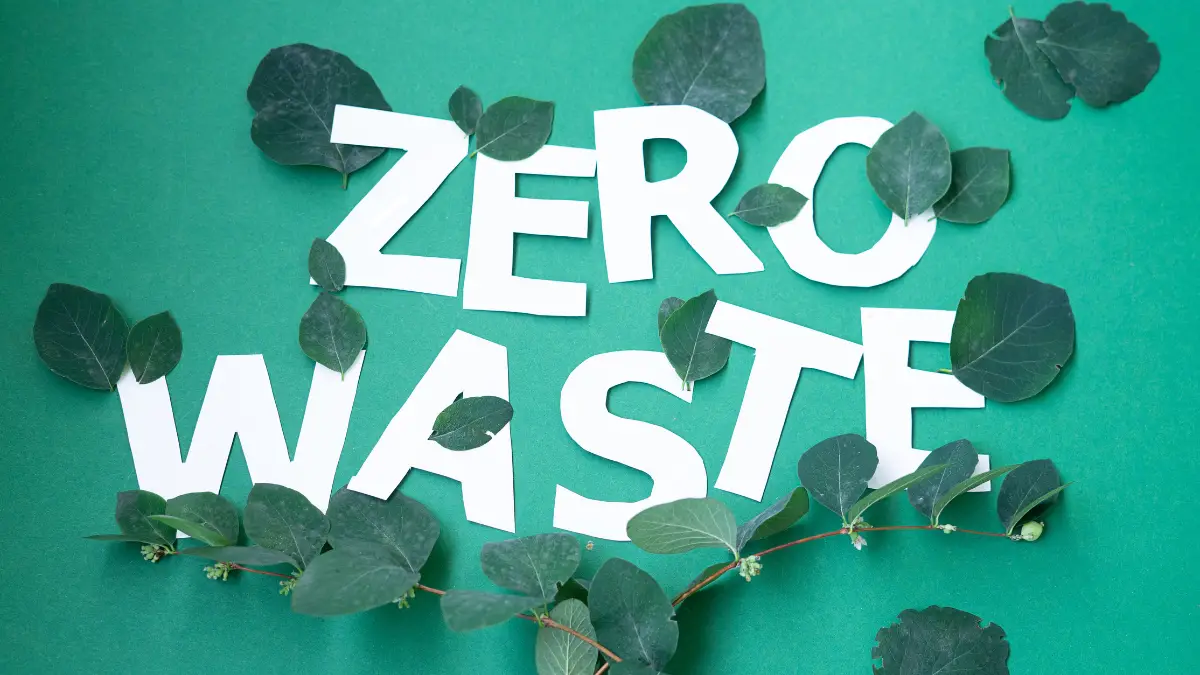Recent economic hardship has shaped the way Nigerians use and manage resources. With inflation on the rise and incomes failing to keep pace, many people are forced to adopt a “zero-waste” approach.
This means that items once considered waste are now being repurposed for survival. While this resourcefulness showcases human resilience, it also disrupts traditional agricultural and livestock systems, with consequences that ripple through the economy, health, and society at large.
This essay explores how poverty drives a zero-waste society in Nigeria, the effects on livestock farming, and the broader implications for communities and the environment.
Adapting to Economic Hardship
In many Nigerian households, the rising cost of living has made every item of value. Foods and by-products that were once thrown away or given to livestock are now being reused by people. Here are a few examples that highlight this trend:
1. Maize Cobs as Firewood:
Maize is a staple in Nigeria, and its cobs were traditionally discarded or given to animals. Now, as the price of coal and firewood rises, these cobs are dried and used as an alternative fuel source. Families save money by using maize cobs to cook meals, a practice that is increasingly common in rural and even urban areas.
2. Soybean Residue as Food:
After soybeans are processed, the leftover residue used to feed livestock is now being used by humans. This residue, rich in protein, has become a substitute for Egusi in soups, helping families stretch their food budget. While Egusi is a key ingredient in many Nigerian dishes, its high cost has made it inaccessible for many.
3. Reusing Cooking Water:
A popular Hausa dish, *Ɗanwake*, is prepared by boiling dumplings made from millet or maize flour. Previously, the water used in boiling was discarded. Now, it is consumed as a gruel, ensuring that no part of the meal goes to waste.
These practices demonstrate how Nigerians have adapted to their circumstances. However, they also reflect the severity of the economic crisis, where even animals, traditionally fed with by-products, are left with less.
The Impact on Livestock Farming
Livestock farming is a vital part of Nigeria’s agricultural sector. According to recent statistics, the country has approximately 18.4 million cattle, 43.4 million sheep, 76 million goats, and 180 million poultry. These animals are not only sources of food but also contribute significantly to the economy. Livestock farming accounts for about 1.7% of Nigeria’s GDP and 9% of the agricultural sector’s value.
However, the growing zero-waste culture is taking its toll on livestock. Here’s how:
1. Reduced Feed for Livestock:
Animals like goats, cows, and chickens traditionally fed on maize cobs, cassava peels, and soybean residue now receive less of these resources. For example, maize cobs are now used as fuel, while soybean residue is consumed by humans. Without these essential feeds, livestock are undernourished. Malnutrition in animals leads to slower growth, lower disease resistance, and reduced productivity in terms of milk, eggs, or meat.
2. Decline in Manure Production:
Livestock play a crucial role in farming by providing manure, which is a natural and cost-effective fertilizer. With less feed available, animals produce less manure. This decline affects soil fertility, reducing crop yields and increasing farmers’ reliance on expensive chemical fertilizers, which many cannot afford.
3. Strain on Farmers:
For small-scale farmers, livestock serves as both a source of income and a form of savings. When animals are poorly fed and unhealthy, farmers face significant financial losses. Some are forced to sell livestock prematurely or abandon animal rearing altogether. This threatens the long-term sustainability of livestock farming in Nigeria.
Broader Economic and Social Impacts
The zero-waste trend reflects a deeper economic reality in Nigeria. Inflation rates hit 34% in 2024, the highest in decades, putting immense pressure on households. This situation has led to several challenges:
1. Food Insecurity:
The cost of essential food items, including livestock products like meat, milk, and eggs, has risen dramatically. For many families, these foods have become luxury items. The repurposing of animal feed by humans also contributes to a reduction in the availability of these products in the market.
2. Weakened Rural Economies:
Rural communities rely heavily on agriculture and livestock farming for their livelihoods. When livestock farming suffers, it weakens the rural economy, leading to increased poverty and migration to urban areas. This urban migration puts additional pressure on already strained city resources.
3. Shift in Social Norms:
The growing zero-waste culture has also changed how people view waste. Items that were once considered useless are now highly valued. This shift fosters a sense of ingenuity and resourcefulness, as communities exchange ideas on how to maximize limited resources. However, this ingenuity is born out of necessity rather than choice.
Health Implications
While the zero-waste practices demonstrate resilience, they also have health implications that cannot be ignored:
1. Nutritional Deficiencies:
Replacing traditional ingredients like Egusi with soybean residue may save money but can result in a less balanced diet. Egusi is rich in healthy fats and vitamins, while soybean residue, although rich in protein, does not offer the same range of nutrients. Over time, this could lead to deficiencies, especially in vulnerable groups like children and pregnant women.
2. Hygiene Concerns:
Reusing cooking water, such as that from boiling *Ɗanwake*, could pose hygiene risks if not handled properly. Contaminated water can lead to foodborne illnesses, adding to the health burden of already struggling households.
3. Indirect Benefits:
On a positive note, reducing waste means less pollution and cleaner living environments. However, these benefits are incidental and not the result of intentional environmental conservation efforts.
Environmental and Sustainability Aspects
Interestingly, the zero-waste practices resulting from poverty align with global sustainability goals. Practices such as reducing waste, reusing materials, and finding alternative uses for by-products contribute to environmental conservation.
For example:
– The use of maize cobs as firewood reduces the demand for tree-cutting, which contributes to deforestation.
– Repurposing soybean residue reduces food waste.
However, these practices are driven by survival, not environmental awareness. The question remains: Can this unintentional sustainability be transformed into a deliberate effort to conserve resources even after economic conditions improve?
The Way Forward
To address the challenges posed by Nigeria’s zero-waste society, action must be taken at multiple levels:
1. Government Intervention:
Policymakers should focus on controlling inflation and providing subsidies for essential goods, including animal feed. Affordable energy sources, such as cooking gas, should be made available to reduce reliance on alternatives like maize cobs.
2. Support for Farmers:
Providing farmers with affordable fertilizers and veterinary services can help boost crop yields and improve livestock health. Community-level programs, such as cooperatives, can also enable resource sharing.
3. Public Awareness:
Educating the public on safe reuse practices can help minimize health risks. Similarly, promoting nutritional education can help families make informed choices about alternative ingredients.
4. Long-Term Solutions:
Encouraging integrated farming systems, where crops and livestock coexist and support each other, can create a sustainable agricultural model. For example, livestock can feed on crop residues while providing manure to fertilize crops.
Conclusion
Nigeria’s zero-waste society is a reflection of the resilience and ingenuity of its people in the face of hardship. However, the practices driven by economic necessity have significant consequences for livestock farming, rural economies, and public health.
While these adaptations are crucial for survival, they reveal the need for systemic reforms to address poverty, inflation, and food insecurity. At the same time, they offer an opportunity to build a more sustainable future by transforming these practices into deliberate, long-term solutions.
In the end, supporting both human and animal needs is essential to creating a healthier and more prosperous Nigeria. This balance is not just a goal—it is a necessity for the nation’s survival and growth.






